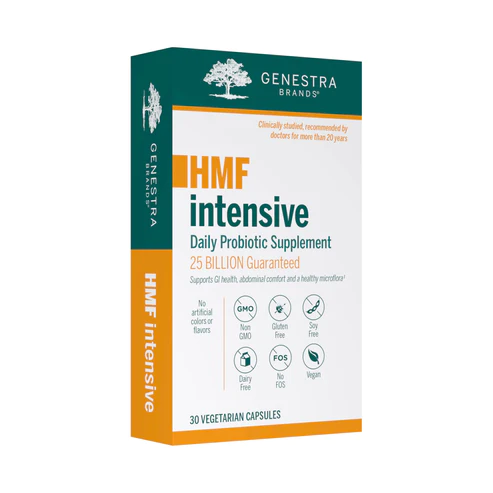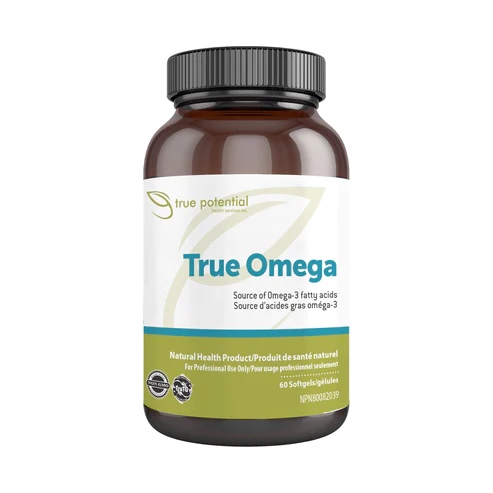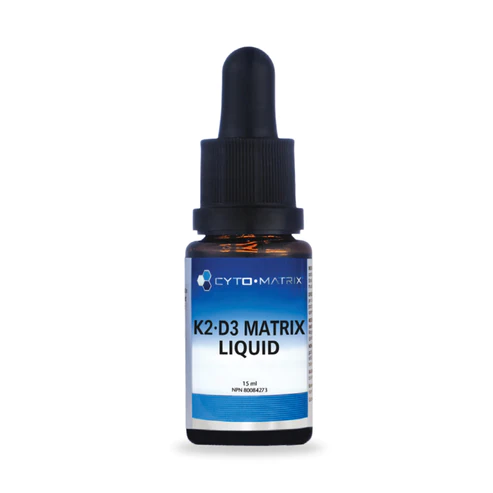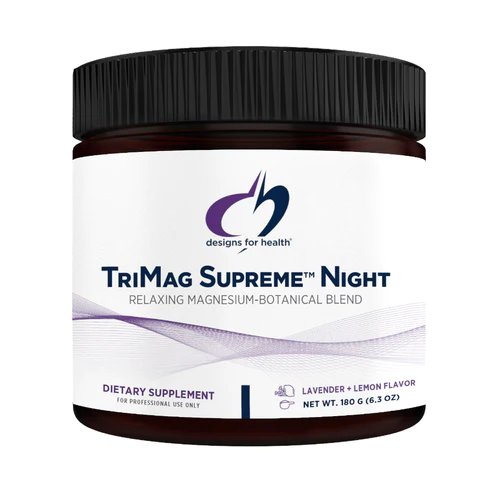Understanding the Winter Blues
Before we dive into these strategies, let’s explore the phenomenon of the winter blues. This condition, often referred to as Seasonal Affective Disorder (SAD), is characterized by feelings of low mood, fatigue, and a lack of energy during the winter months. It’s closely tied to the reduced sunlight and colder temperatures that define this season.
Moods are affected by sleep and wake cycles – wake up feeling more rested.
- Dawn Simulator Alarm Clock – The dawn simulator alarm clock is designed to mimic the gradual increase of natural light at dawn. This gentle awakening can help regulate your circadian rhythms and improve your mood by increasing your exposure to early morning light.
Get better and deeper rest.
- Weighted Blanket – A weighted blanket is a cozy companion during the cold winter nights. It provides a sense of security and can help reduce anxiety and improve sleep quality. The gentle pressure it exerts on your body promotes relaxation and a more restful night’s sleep.
- Sleep Mask – While we appreciate the benefits of light during the day, a sleep mask aids in creating the ideal sleeping environment at night. Darkness is essential for melatonin production, and a sleep mask ensures you get the uninterrupted, restorative sleep you deserve.
Replenish what might be lacking.
- Vitamin B Complex – Energizing from Within: Winter often brings fatigue and low energy levels. A Vitamin B complex supplement provides a much-needed energy boost and helps maintain a positive mood. Studies have shown that individuals with low levels of B vitamins, particularly B12 and folate, are more likely to experience symptoms of depression.
- Omega Oils – Nourishing Your Brain: Omega-3 fatty acids, available through supplements like fish oil, support brain health and emotional well-being. They can be especially beneficial during the winter months when the reduced sunlight may affect your mood.
- Magnesium (Mg) Powder – Magnesium, known as the relaxation mineral, can help alleviate muscle tension and stress. Consider a warm glass of magnesium powder as part of your nightly routine to unwind and rejuvenate.
- Probiotic – Nurturing Gut Health: The connection between gut health and mood is well-established. A probiotic can enhance your gut microbiome, potentially boosting your overall well-being and resilience against the winter blues. 90% of your serotonin is produced in your gut, which goes on to be converted into melatonin, which is your sleep hormone. Having a healthy gut very often promotes better sleep and also helps address brain fog and fatigue during the day which can adversely affect our moods.
- Vitamin D – Sunshine in a Capsule: Limited sunlight exposure during winter can lead to Vitamin D deficiency, impacting your mood. A Vitamin D supplement can compensate for this deficit.
Hydration matters.
- Water bottle and electrolytes – Don’t underestimate the importance of staying hydrated, even in winter. Dry indoor heating and increased diuretic consumption can lead to dehydration. Use a water bottle and, if needed, add electrolyte powder to maintain optimal hydration. Research published in “The Journal of Nutrition” suggests that even mild dehydration can lead to increased perception of task difficulty and lower mood.









